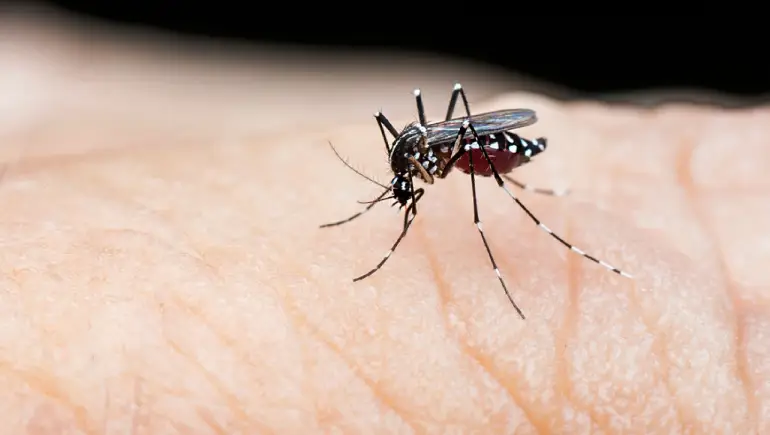
As the monsoon season arrives, so does the annual surge in dengue fever cases. With stagnant water becoming a breeding ground for Aedes mosquitoes—the primary carriers of the dengue virus—health officials have issued fresh warnings across several regions. If you’re wondering how to protect yourself and your family, now is the time to act. Here’s everything you need to know to stay safe during this outbreak.
Dengue is a mosquito-borne viral infection caused by the dengue virus, transmitted primarily by the Aedes aegypti mosquito. Symptoms typically include high fever, severe headaches, joint and muscle pain, skin rash, and fatigue. In severe cases, it can progress to dengue hemorrhagic fever or dengue shock syndrome, which can be life-threatening if left untreated.
There are several contributing factors to the rising number of dengue cases:
Aedes mosquitoes breed in stagnant water, often found in flower pots, discarded tires, water tanks, buckets, and even bottle caps. Check your surroundings and:
Apply mosquito repellent creams or sprays, especially during early morning and late afternoon—peak biting hours. Use products containing DEET, picaridin, or lemon eucalyptus oil for effective protection.
Minimize skin exposure by wearing long sleeves, full-length pants, and socks, especially if you live in a high-risk area. Light-colored clothing is preferable, as mosquitoes are attracted to dark colors.
Use mosquito screens on windows and doors, and sleep under insecticide-treated bed nets, particularly in areas where dengue is prevalent.
Community cooperation is essential. Encourage neighbors to keep their surroundings clean, report waterlogging to municipal authorities, and participate in local anti-mosquito drives.
Quick identification and treatment can prevent complications. Watch out for:
If you or a loved one shows these signs, seek medical attention immediately and avoid taking painkillers like ibuprofen or aspirin without doctor consultation.
As dengue cases rise sharply each year, proactive prevention is key. Simple daily habits like removing standing water, using repellents, and staying informed can significantly reduce the risk. Remember, dengue prevention is not just a personal responsibility—it’s a community effort.
Let’s stay alert, stay clean, and stay safe.



-112x63.27.webp)




-132x74.57.webp)



Comments
There are no comments for this Article.